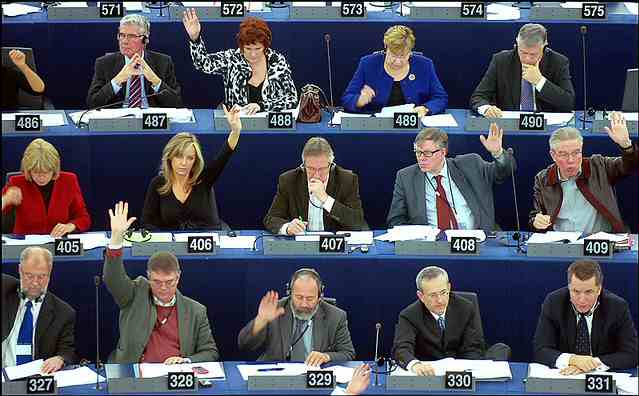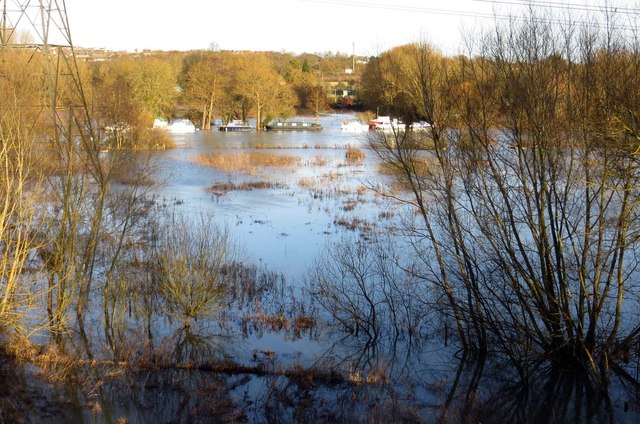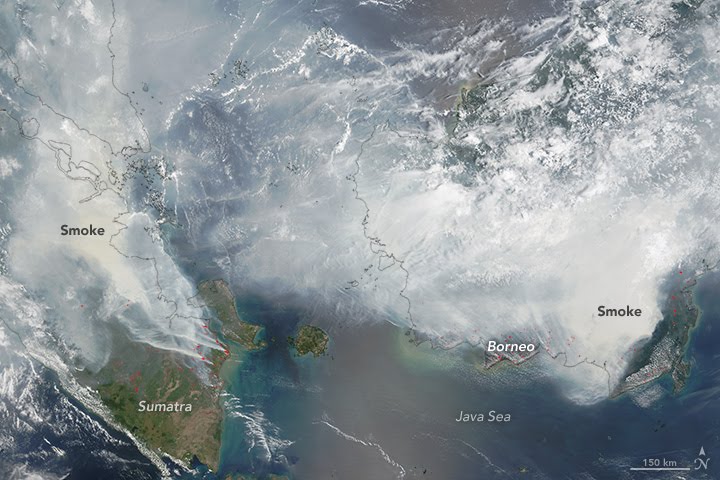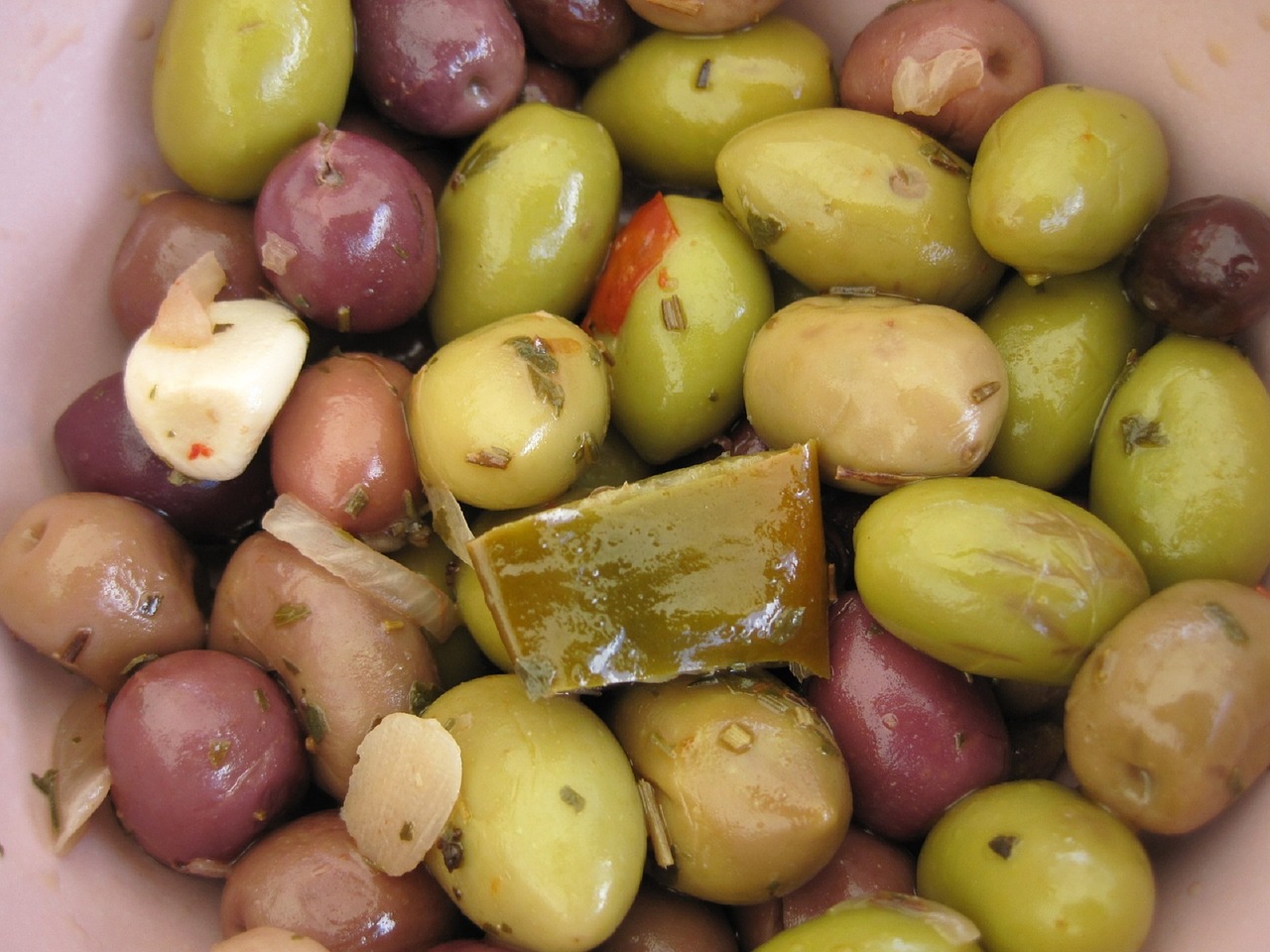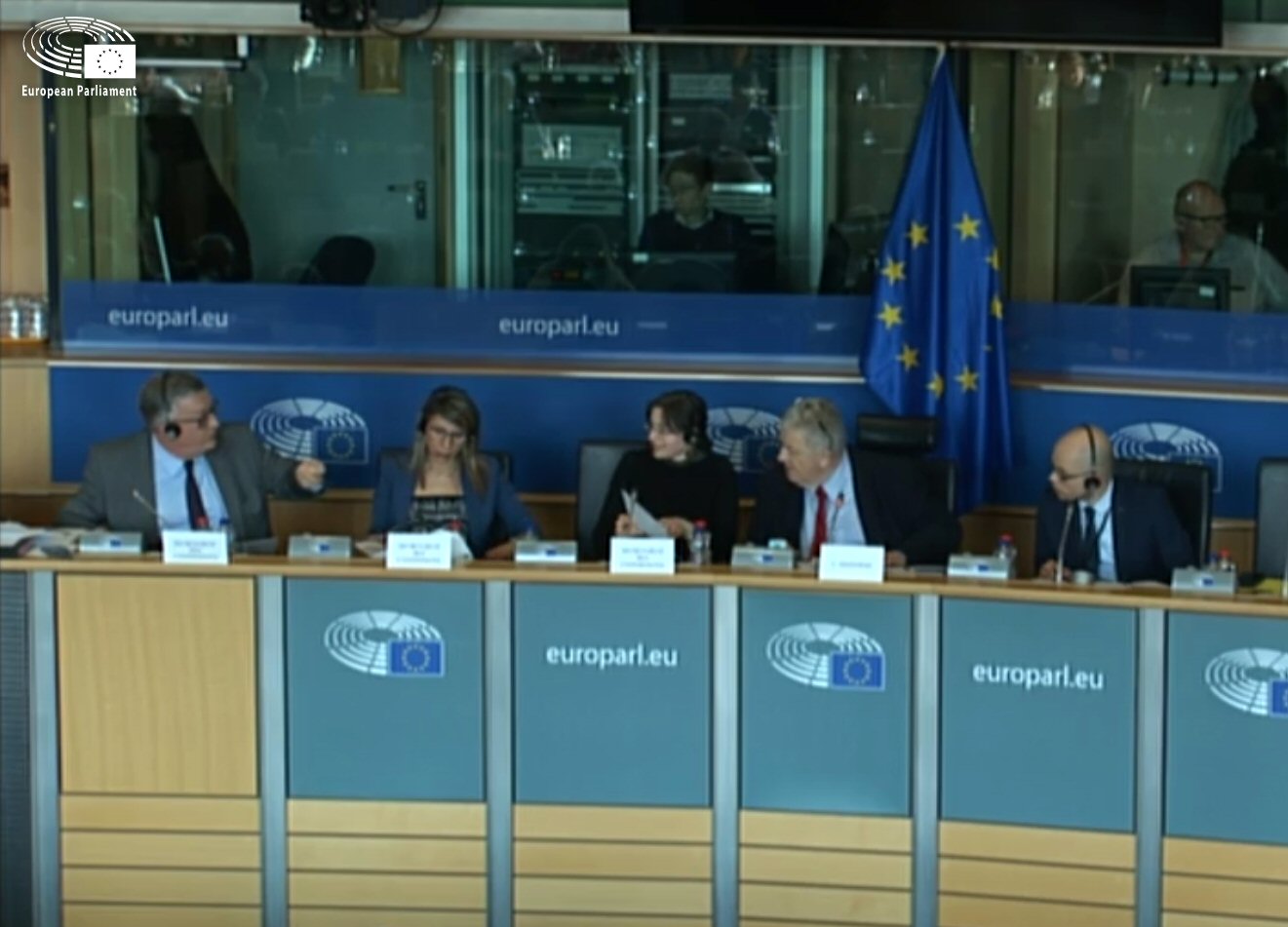The European Parliament (EP)’s agricultural committee adopted its Opinions on the three CAP-related legal proposals earlier this month. However, lack of time during this Parliamentary session before elections take place to the EP at the end of May means that the Parliament itself will not vote on these Opinions until after the new Parliament reconvenes in July.
While the outgoing committee would like to see the new Parliament use its Opinions as the starting point for its plenary voting, there is no guarantee that this will be the case. The composition of the political groups in the new Parliament may be very different to what has existed in the current Parliament.… Read the rest

